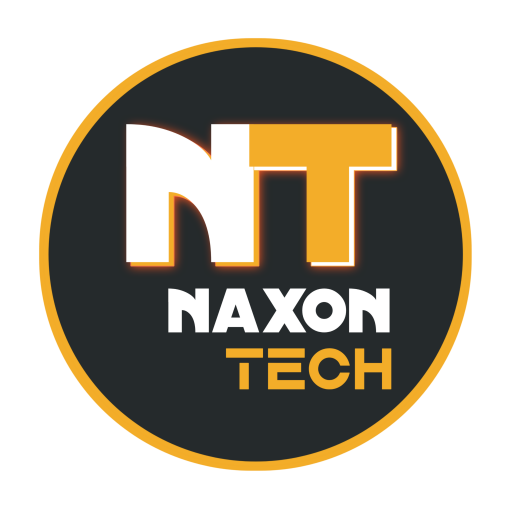Microsoft Quantum claims to have reached a significant milestone in the development of a reliable and practical quantum computer. This achievement, described in their publication in the esteemed journal Physical Review B, marks a crucial step towards realizing the full potential of quantum computing.
Following the Path of Progress
Similar to the evolution of traditional computers, physicists and computer engineers have encountered challenges while pursuing the creation of a reliable quantum computer. These challenges primarily revolve around error rates, which have impeded progress in the field. Microsoft Quantum’s team, however, asserts that the trajectory of quantum computer development mirrors that of its classical counterpart.
Throughout history, advancements in classical computing were driven by the introduction of new concepts followed by hardware upgrades. These innovations have culminated in the powerful machines we rely on today. In line with this parallel, the Microsoft team suggests that existing approaches to logical qubits, such as spin transmons or gatemons, have been valuable for learning purposes but are not scalable. Consequently, they advocate for the exploration of new approaches that allow for effective scalability.
A Breakthrough in Quantum Computing
The team at Microsoft Quantum now reports a breakthrough in engineering a hardware-stable representation of a logical qubit. Their novel method can induce a phase of matter characterized by Majorana zero modes, which are a type of fermion. Additionally, these devices have demonstrated low disorder, successfully passing the topological gap protocol—a testament to the viability of the technology. This achievement represents an essential initial stride towards the realization of not only a quantum computer but a quantum supercomputer.
Introducing a New Measure: rQOPS
Microsoft’s announcement also includes the introduction of a new performance metric for quantum supercomputers—reliable quantum operations per second (rQOPS). This metric measures the number of reliable operations a quantum computer can execute within a single second. To qualify as a quantum supercomputer, Microsoft suggests that a machine should achieve an rQOPS of at least 1 million. They further anticipate that future quantum supercomputers could surpass the billion rQOPS mark, resulting in unprecedented computational capabilities.
Conclusion
Microsoft Quantum’s recent achievement in the development of a reliable and practical quantum computer marks a significant advancement in the field of quantum computing. By engineering a hardware-stable representation of a logical qubit and harnessing the power of Majorana zero modes, Microsoft has demonstrated the viability of their technology. With the introduction of the rQOPS metric, Microsoft paves the way for the future creation of quantum supercomputers with unparalleled computational capabilities. The progress made by Microsoft Quantum represents a key milestone in the journey towards unlocking the vast potential of quantum computing.
FAQs
What is the significance of Microsoft’s achievement in quantum computing?
Microsoft’s milestone represents a significant step towards creating a reliable and practical quantum computer, bringing us closer to leveraging the immense power of quantum computing.
Why have current approaches to logical qubits been insufficient for scalability?
While spin transmons and gatemons have been valuable for learning purposes, they lack the scalability required to build larger and more powerful quantum computers.
What are Majorana zero modes?
Majorana zero modes are a type of fermion that arises in certain condensed matter systems. They possess unique properties that make them suitable for quantum computing applications.
What is the topological gap protocol?
The topological gap protocol is a measurement used to assess the disorder in quantum systems. By successfully passing this protocol, Microsoft’s devices demonstrate the feasibility of their technology.
What is the significance of the reliable quantum operations per second (rQOPS) metric?
rQOPS provides a quantifiable measure of a quantum computer’s performance, reflecting its ability to execute reliable operations within a specific timeframe. It serves as a crucial indicator of a machine’s computational capabilities.
How can quantum supercomputers revolutionize computing?
Quantum supercomputers have the potential to solve complex computational problems at an unprecedented speed, revolutionizing various fields such as cryptography, optimization, and drug discovery.
